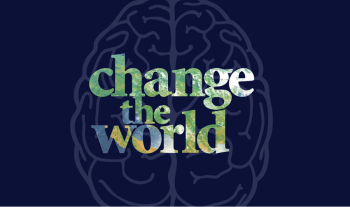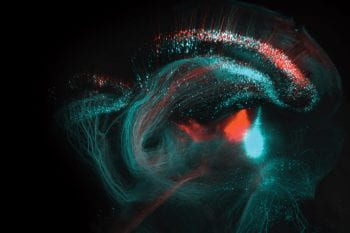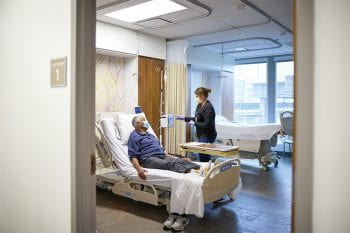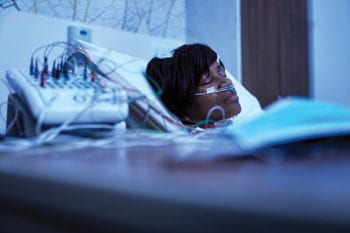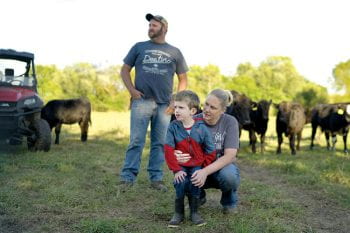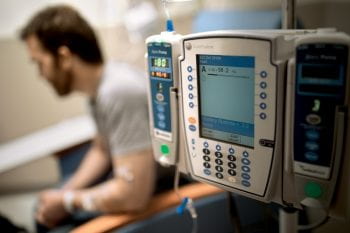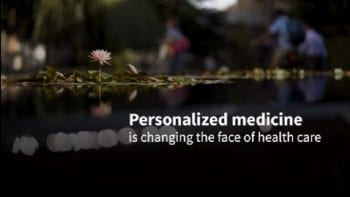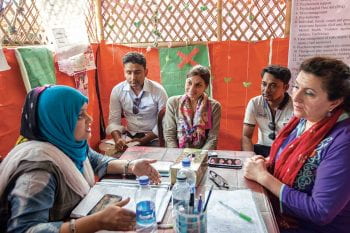Understanding the brain is key to addressing devastating neurological and psychiatric diseases that affect mankind. To accelerate progress in this area, WashU Medicine — already one of the world’s premier institutions in neuroscience research — is deepening its investment. A new era of progress Navigate the neurosciences Nurturing neuroscience Read more.
Change the World Through Neuroscience
